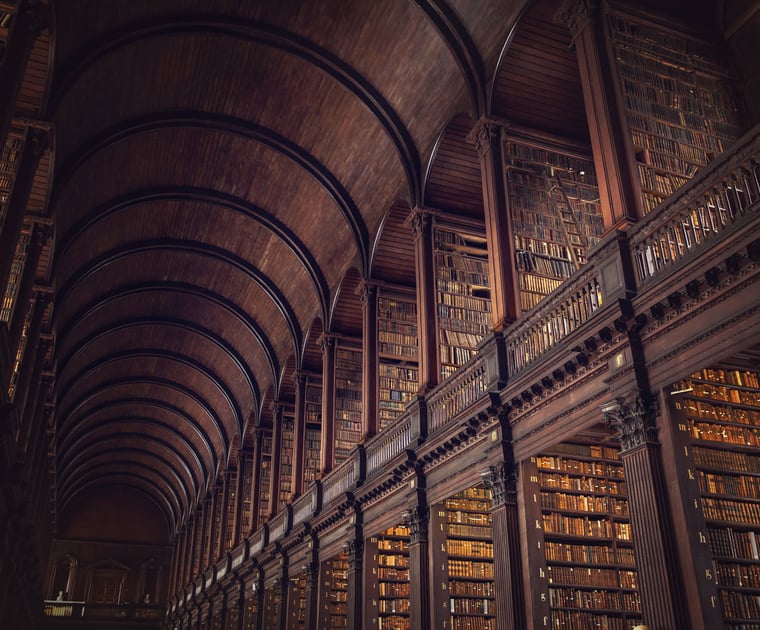UNESCO’s new Recommendation on protecting documentary heritage including in digital form is a valuable advocacy and communications tool.


UNESCO’s new Recommendation on protecting documentary heritage including in digital form is a valuable advocacy and communications tool.

UNESCO prizes celebrate those whose work furthers the Organisation’s mandate in building peace, security and sustainable development.

The UNESCO Chairs and UNITWIN Networks programme remains relevant in most cases and highly sought-after, with a near doubling in its size over the past decade.

Category 2 Centres represent a valuable worldwide network of resources, the full potential of which should be realised to help deliver UNESCO’s strategic priorities.

UNESCO is the only UN agency with a specific mandate for science. It has also been named the lead agency in the UN’s Scientific Advisory Board, which has been tasked with advising the UN on how to strengthen the interface between science and policy.

UNESCO uses a variety of reporting methods to describe and evidence the results of its various global initiatives.
UNESCO’s Intergovernmental Oceanographic Commission (IOC) was established by the United Nations (UN) in 1960 to be the focal point for ocean science in the UN system.
UNESCO has been tasked with spear-heading the global education agenda – as part of the post-2015 development debate.
UNESCO’s Honorary and Goodwill Ambassador Programme (GWAP) has successfully deployed prominent individuals and celebrity advocates to help focus the world’s attention on the ideals, goals and work of UNESCO.
Each year, UNESCO publishes an Education for All Global Monitoring Report (GMR) reporting on the world’s progress towards achieving the six ‘Education for All’ goals.